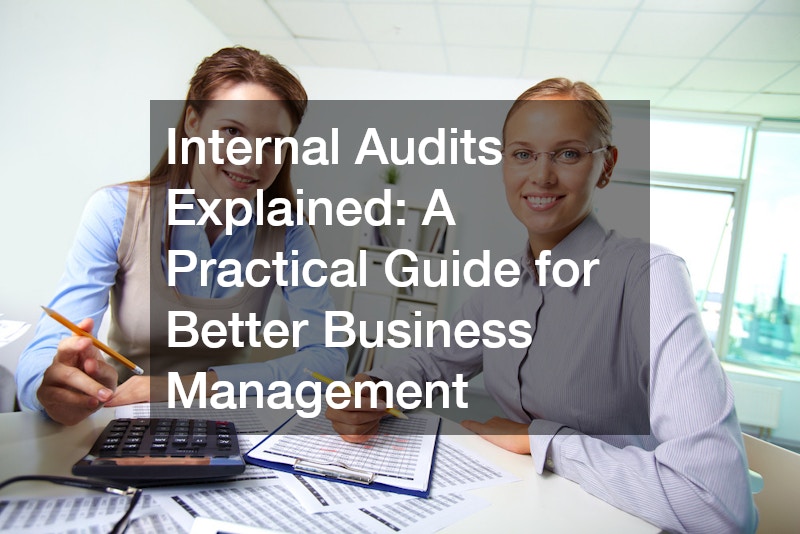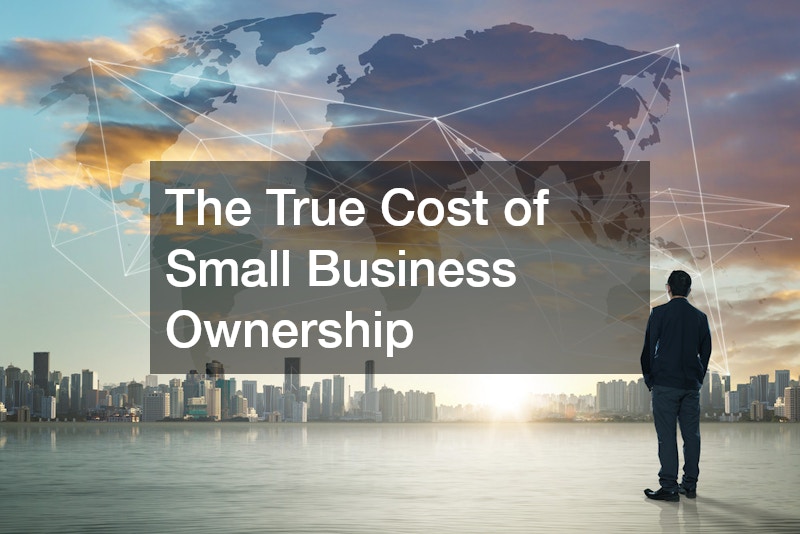The fact of life is that death will come at some point. For those who remain alive, most of us have only experienced death through the passing of a family member. When it happens to a loved one, the legal process is familiar: we could simply hire a family law attorney who can take care of everything.
But when it happens to your company’s owner, or your business partner, the legalities of it may be new territory. Most people never have to deal with death in a corporate context.
When a business owner dies, where does it leave the business and its members?
It Depends on the Business’ Legal Entity
Everyone who is born is automatically a “natural person/entity” under the law. When we decide to create a business, we can do one of two things: either to run it as our own, not distinct from our natural entity; or create it as a separate artificial/juridical entity.
Sole Proprietorship or Individual Entrepreneurship
Businesses that are not distinct from their owner’s personal entity are called a sole proprietorship, also known as individual entrepreneurship. It is owned and operated by one person.
This doesn’t necessarily mean they work alone. While remaining the sole trader of the company, the owner could employ people under their wing.
You can say that the owner and his businesses are one and the same. As such, the business lives and dies with them. The law automatically terminates the sole proprietorship. Both its assets and liabilities will be entered into the deceased’s estate.
By “termination of the sole proprietorship,” the law only refers to the existence of the business. In some cases, operations may still continue. For example, the sole proprietor may have hired a personal representative to maintain the business upon his demise. The proprietor’s family may also choose to take over the business, but as a new proprietorship. The spouses and heirs of legal age are also accountable for unfinished obligations with employees, suppliers, and customers.
In case of accumulated debts, the assets will be liquidated to pay them off. The surplus will be distributed among his heirs under the rules of succession.
However, if the liquidated assets are not enough to pay all the debts, the decedent’s heirs may be held liable for the balance.
 Partnership
Partnership
Similar to sole proprietors, business partners operate a business not distinct from their personal legal entity. While for property ownership purposes, the partnership may be considered a separate legal entity, it is nonetheless a mere extension of the partners for tax and legal purposes.
Thus, partners are likewise personally liable for the business’s debts and liabilities under common law. But the scope of each partner’s liability may be limited depending on their form of partnership.
There are three basic types:
-
- General Partnership (GP)
- Limited Partnership (LP)
- Limited Liability Partnership (LLP)
In GPs, all partners manage the business, and they may choose to have joint liability or joint and several liabilities. LPs must have at least one general partner, with some limited partners who can waive the right to manage in exchange for limited liability for debts. In LLPs, a partner is not liable for errors and losses of another partner. Lastly, an LLLP is like an LP, but all partners have liability protection.
When a general partner dies, the surviving spouse or heir of legal age may choose to take over his share. If they don’t want to, or the partner has no surviving family, the remaining partners may choose to buy the deceased partner’s share.
Corporation
Life goes on for the corporation when the owner dies. The separation of corporations as a new juridical/artificial person distinct from its owner makes a few things easier.
Upon formation, a corporation becomes a new artificial person. It is an incorporation that allows all members to act as one.
The decedent’s shares will become part of the estate. If they were the sole/majority shareholder, the estate will be the new owner by law, until it is closed and its stock is distributed among spouses and heirs, or other persons in case of a will.
Most likely, a business owner would write a will on how he wants to leave the company — whether it should be closed, or saved. Before proceeding with the legalities, it’s best to check these documents to fulfill the owner’s wishes.





